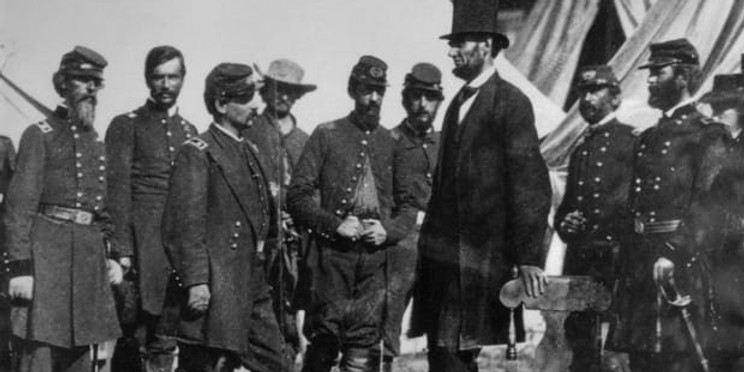
VOTER SUPPRESSION: Today's Civil War
Racial Discrimination

African Americans
Voter disenfranchisement targeted towards African Americans has been a part of United States History since voting started. Jim Crow laws, the civil rights movement, the march on Selma, has all lead to this moment of equality and yet people are still African Americans are still fighting for the right to vote. Instead of blatant racism during the Jim Crow era and Civil Rights movement, those in government have found other ways of discrediting black voters such as voter ID laws.

Native Americans
Native Americans continually face measures meant to limit their access to the right to vote. For example in Montana BIPA laws are making it more difficult for Native Americans to vote by mail in a state where their vote could really count. These laws target the means by which Native Americans vote and their enactment could be potentially disastrous.

Hispanic/Latino
Hispanic voters face similar suppression to those of other racial minorities in the United States. Many people of this community are less likely to have ID or easy access to polling stations. In places with lots of discrimination states purge voting rolls, cut early voting, and/or provide polling locations in remote parts of the city or town which are inaccessible by public transportation.

Felony Disenfranchisement
Felony disenfranchisement is the practice of barring individuals who have been convicted of felony crimes from voting in political elections. The degree to which this affects prisoners varies from state to state, for example in Maine and Vermont prisoners never lose the right to vote. In all other states however States are continuing to pass and enforce laws that make it more difficult for ex-felons (as well as people currently in prison) to vote and handing out harsh sentences to those who try. 11 of those states have policies where voting rights are lost until completion of sentence, a post-sentencing waiting period, and additional action required for restoration. Not only is this immoral, but it disproportionately affects black and latino voters because racial minorities are more likely than white people to get arrested and go to prison. An example of felony disenfranchisement is the case of Crystal Mason, a black woman from Texas who tried to vote after getting out of prison and was arrested for voting illegally. Her story has turned into the face of injustice in the fight against voter suppression.
Now


The 2018 gubernatorial race in Georgia exposed the true state of voter suppression in the US today. The fight between Brian Kemp and Stacy Abrahms showed how important the confrontation of voter suppression is, especially with the upcoming presidential election. While Stacy Abrahms' movement was focused on the mobilization of hundreds of thousands of black voters, Brian Kemp used his power as Georgia's secretary of state to investigate methods Abrahms used to register new voters and to suspend tens of thousands of others' applications. Stacy Abrahms founded fair fight in order to register new voters across the country and tackle voter suppression.
Voter ID laws are one of the main ways in which states prevent minorities and people in poverty from voting. Voter ID laws were initially proposed as a method of controlling voter fraud but a major side effect, whether intended or not, is voter suppression. Many people (mainly minorities) do not have ID's for various reasons such as cost or improper documentation, and less resources in general. Voter ID laws are present in 35 states, some of which require photo ID and some of which don't.
Civil War

Discrimination against African Americans has existed since the formation of the United States when they were kept as slaves and not allowed to vote in any election. Even free states, which were definitely better than slave states, did not guarantee or protect voting rights for black people. With the Civil War came freedom for many enslaved peoples but voting rights did not immediately follow. Not until the passage of the 15th amendment was the right to vote secured for African Americans, but even then states were taking measures to suppress them. States in the south who pushed Jim Crow laws and segregation were passing horrific measures such as literacy tests, the grandfather clause, and poll taxes, specifically targeted towards racial minorities.